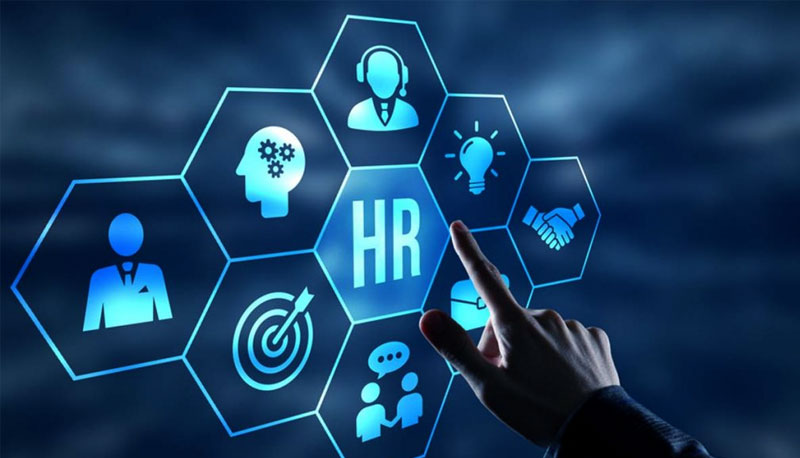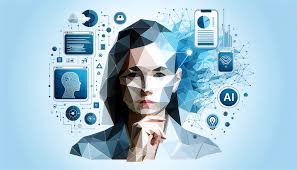Introduction to Modern Workforce Management
Workforce management has undergone a seismic shift as businesses around the globe respond to evolving challenges and opportunities. Historically, HR departments operated as administrative hubs, focusing on payroll and compliance. However, as industries have moved towards greater globalization and technological dependency, HR’s role has transformed into that of a strategic partner.
They are now central players in fostering innovation, engagement, and a competitive edge. This transformation is primarily driven by the need to navigate a complex labor market and a rapidly changing technological landscape, necessitating innovative solutions like HRO. This streamlines operations and allows HR to dedicate resources to more strategic endeavors, such as talent development and organizational growth.
The Shift Towards Remote Work
The concept of work has been redefined in recent years, mainly due to the irreversible shift towards remote working. What started as a necessity during the pandemic has matured into a well-accepted norm, drastically altering traditional workplace dynamics. Employers are recognizing the benefits, including access to a larger talent pool, reduced overhead costs, and, often, increased employee satisfaction.
However, the shift also presents new challenges, such as maintaining productivity, accountability, and organizational culture without regular face-to-face interaction. Companies must innovate continuously — using digital tools and platforms to foster communication, collaboration, and community. As this trend continues, it is reshaping how we work and understand productivity and value in the workplace.
Importance of Workplace Diversity and Inclusion
In the quest for innovation and resilience, diversity and inclusion have emerged as critical elements of modern workforce management. Organizations that successfully integrate diverse perspectives have been shown to outperform their counterparts by enabling more creative solutions and decision-making processes.
This idea is supported by various studies and industry insights, including those highlighted in a Forbes article, emphasizing the correlation between diverse teams and business success. Yet, achieving true diversity and inclusion goes beyond numbers and requires an ingrained culture that respects and values different viewpoints.
HR leaders are championing these efforts by implementing policies that promote equitable hiring practices, unconscious bias training, and creating platforms for underrepresented voices. Success in this arena is not just a moral imperative but a strategic one that profoundly impacts employee engagement and customer perception.
Technology’s Role in HR Evolution
Technology is the lifeblood of modern HR strategies, infusing new efficiencies and insights into the workforce management process. From recruitment to retirement, innovative tools are deployed to streamline operations and improve accuracy.
Artificial intelligence, for instance, can analyze vast applications to identify potential high performers, saving recruiters countless hours. Machine learning techniques improve this procedure by developing and adjusting according to the organization’s evolving requirements.
Additionally, the emergence of blockchain technology offers the potential for safe and transparent HR processes, ranging from credential verification to handling employment agreements. Adopting these technologies is not merely a matter of following trends but also bolstering strategic choices and maintaining a competitive edge in a technology-centric market.
The Rise of Employee Well-being Programs
Employee well-being has become a cornerstone of organizational strategy, closely linked to productivity and employee retention goals. Comprehensive well-being programs are essential for addressing increased workplace stress and mental health challenges.
They address physical health through fitness and nutritional programs and cognitive and emotional health, offering counseling services and stress management workshops. These programs are pivotal because employees who feel supported in all aspects of their well-being are likelier to be engaged and committed to their work.
The ripple effects of such programs extend beyond individuals, fostering a more positive and inclusive company culture, reducing turnover rates, and enhancing overall organizational performance.
Data-Driven Decision Making in HR
The use of data in HR is shifting the function from a traditionally qualitative role to one that leans heavily on quantitative analysis. Advanced data analytics provide HR professionals with critical insights into workforce dynamics, enabling evidence-based decision-making that aligns with broader business objectives.
Metrics measuring employee performance, engagement, turnover, and even health can inform strategic planning and operational adjustments. By understanding these metrics, companies can identify potential areas for improvement, predict future trends, and adjust strategies accordingly. In an increasingly data-centric world, the ability to interpret and utilize workforce analytics is essential to effective HR management.
The Growing Demand for Green HR Practices
Sustainability is no longer a buzzword but a critical business imperative as companies face pressure from stakeholders and consumers to adopt eco-friendly practices. HR is pivotal in this transition by promoting and implementing green initiatives that reduce a company’s carbon footprint.
These initiatives range from digitalizing documentation to minimize paper waste to promoting remote work to reduce emissions from commuting. The benefits of these green practices are multifaceted, impacting not only environmental performance but also enhancing the company’s brand image and operational efficiency.
Organizations that integrate sustainability into their operations stand to gain loyalty from a growing base of eco-conscious consumers and employees. As such, green HR practices are becoming integral to a company’s long-term success and viability in the marketplace.
Preparing for Future HR Challenges
The future of HR comes with challenges that demand agility, foresight, and adaptability. As the global workforce becomes more diverse and technologically advanced, HR professionals must prepare for unprecedented change.
This transformation involves navigating new legal regulations, embracing evolving workforce demographics, and understanding the implications of technological advancements like AI and automation on job roles. The ability to anticipate and adapt to these changes will be a defining trait of successful HR leaders.
Thus, continuous learning and development will prepare HR teams to meet future demands. As HR shifts from traditional roles to strategic partners in business growth, their ability to manage and embrace these changes will determine their success and that of the organizations they support.
Related Posts
Toexcrosebolykaihaz: An In-Depth Exploration
Way to Avoid Hoarhizgemotohin: Best Practices to Reduce Environmental & Industrial Hazards
Lahizekosedos: A Comprehensive Guide



